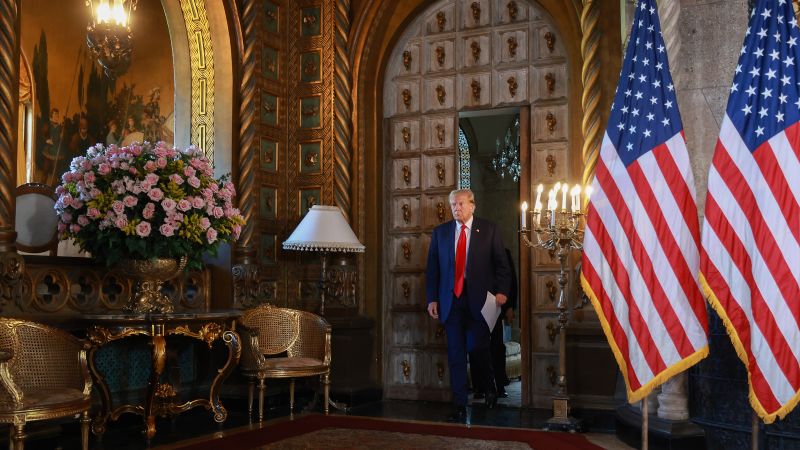When he was president, Donald Trump sought to control the Supreme Court, appointing justices with the goal of overturning Roe v. Wade and relying on the court to resolve disputes related to his administration’s policies. Now, as a citizen and candidate facing federal charges, he is counting on the court to grant him absolute immunity from prosecution. The current Supreme Court, with six conservative justices, three of whom he appointed, is poised to hear this crucial case, shaping the ongoing political landscape and the upcoming presidential race.
Trump’s legal battles stemming from his past presidential campaigns have overshadowed the current political climate and highlighted his confrontational relationship with democratic norms and the rule of law. His position on executive branch immunity raises a constitutional question that has never been fully tested, challenging the court to find a balance between presidential authority and accountability. Despite his outspoken criticism of the Justice Department’s actions under President Joe Biden, Trump’s influence on the judicial system remains significant.
Trump’s appointments to the federal judiciary, including Supreme Court Justices Neil Gorsuch, Brett Kavanaugh, and Amy Coney Barrett, have shifted the legal landscape in America, particularly regarding abortion rights, Second Amendment protections, and environmental regulations. The court’s controversial decisions have faced backlash from critics who accuse the justices of political bias and conflicts of interest, especially in cases related to Trump and the events surrounding the 2020 election.
The ongoing legal saga surrounding Trump’s immunity from criminal prosecution has raised questions about the limits of presidential power and accountability. Lower court rulings against Trump have underscored the need for legal clarity on the issue, with potential implications for future presidents and the balance of power between branches of government. Special counsel Jack Smith’s arguments that former presidents can be held accountable for their actions after leaving office provide a counterpoint to Trump’s claims of absolute immunity.
The upcoming Supreme Court case on Trump’s immunity from prosecution will test the court’s willingness to uphold the rule of law over political considerations. The justices’ handling of this case, along with other key issues on the docket for the upcoming session, will shape the court’s legacy and influence public perception of its role in American democracy. Trump’s efforts to sway public opinion and leverage his legal battles for political gain highlight the contentious nature of his relationship with the judiciary and the ongoing challenges to the rule of law in the United States.


